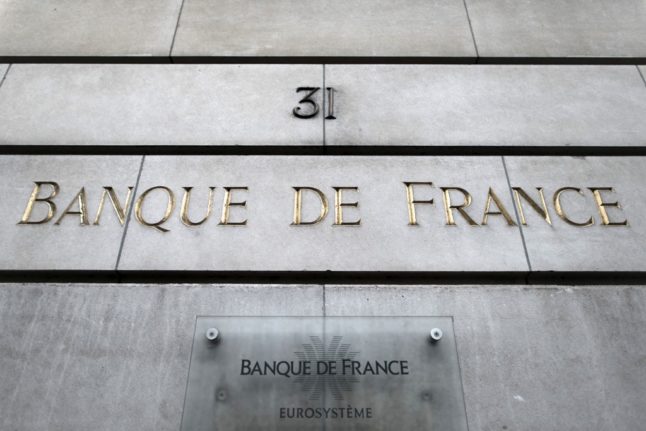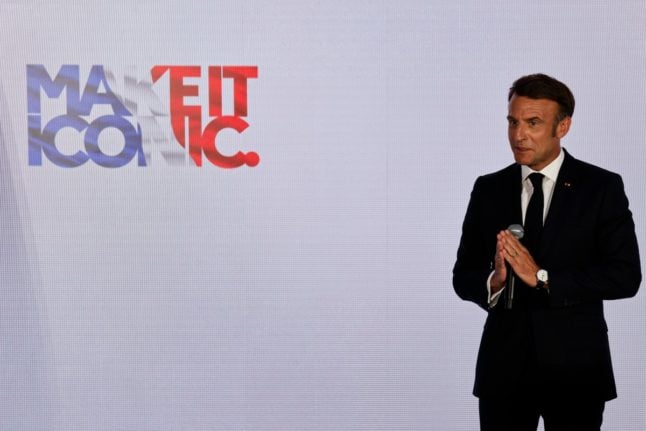GDP growth will slow from 2.6 percent in 2022 to 0.3 percent in 2023, according to the Bank of France’s “most probable” macroeconomic scenario for the next three years.
The slowdown in growth will be followed by a 1.2-percent rebound in 2024.
That is lower than the 1.8 percent previously anticipated, because “the winter of 2023-24 could still be a bit complicated due to the energy crisis”, director-general Olivier Garnier said.
The rebound will continue in 2025, when growth is expected to reach 1.8 percent, the bank said.
The forecasts remain highly uncertain though.
This is because of extremely volatile energy prices, geopolitical tensions — particularly the war in Ukraine — and uncertainty as to the evolution of Covid-19 in China.
The Bank of France’s outlook is less optimistic than that of the government, which forecasts 2.7 percent growth in 2022 and 1.0 percent in 2023.
“We can’t rule out a recession but if there is one it will be limited and short-lived,” Garnier said.
Oil and gas prices are expected to fall back from the peaks seen this year but remain high and continue to feed inflation, as will food prices.
Prices will have risen 7.3 percent by the end of 2022.
Inflation will continue to rise in the first half of 2023 before dropping back to 4.0 percent by end-2023 and 2.0 percent at end-2024, the BdF said.



 Please whitelist us to continue reading.
Please whitelist us to continue reading.
Member comments